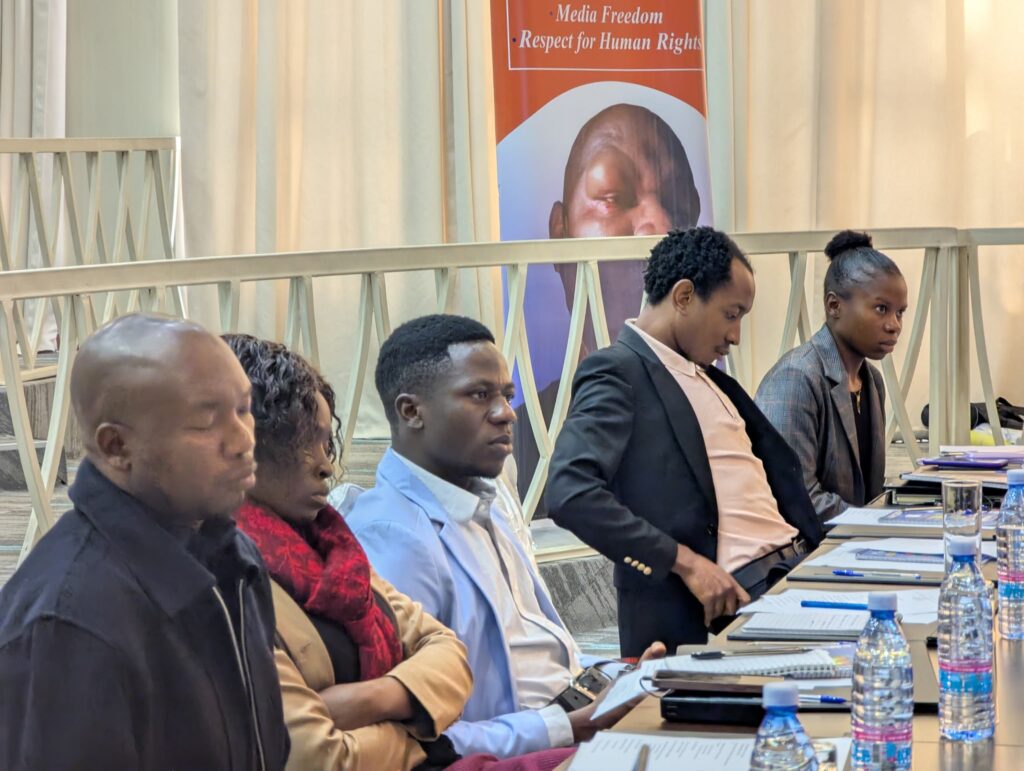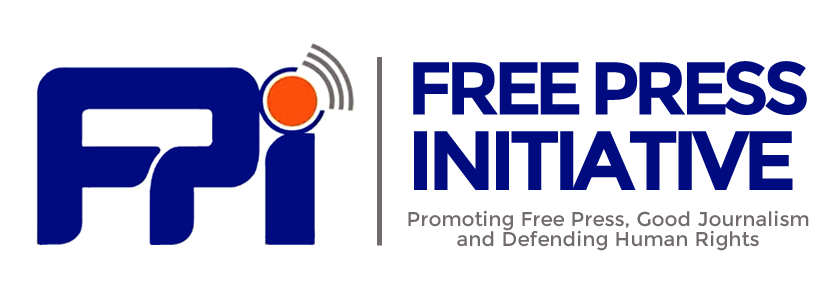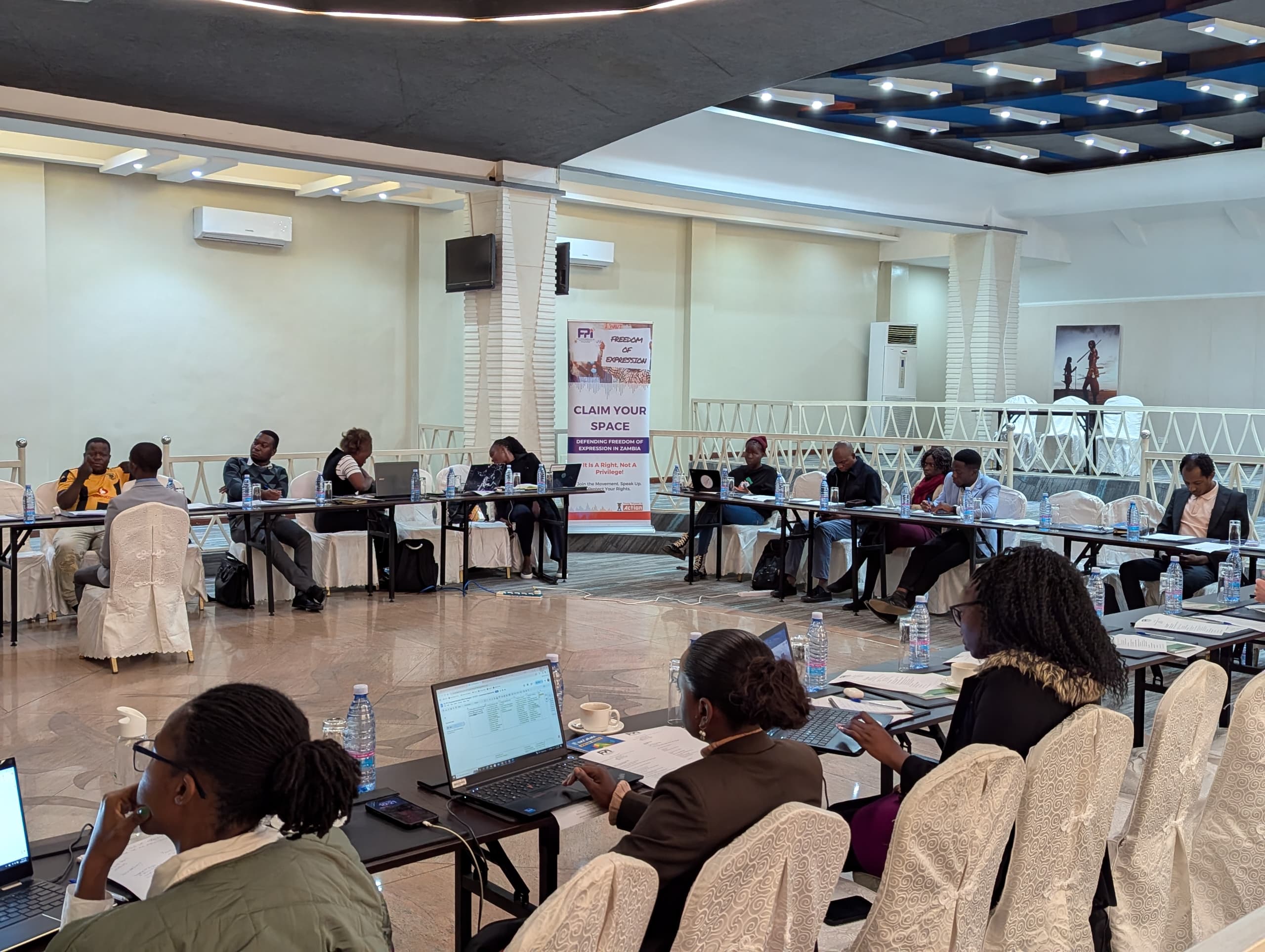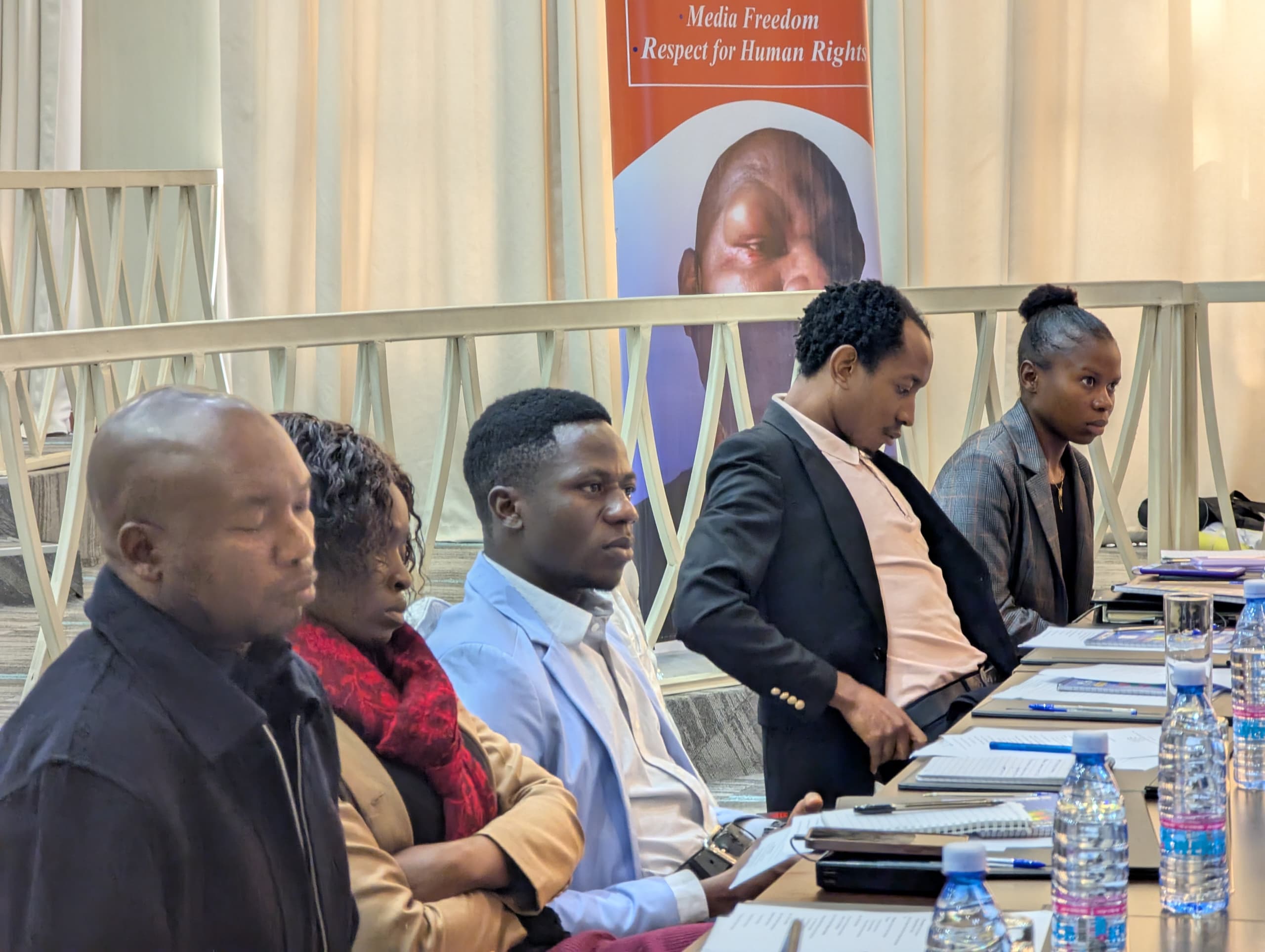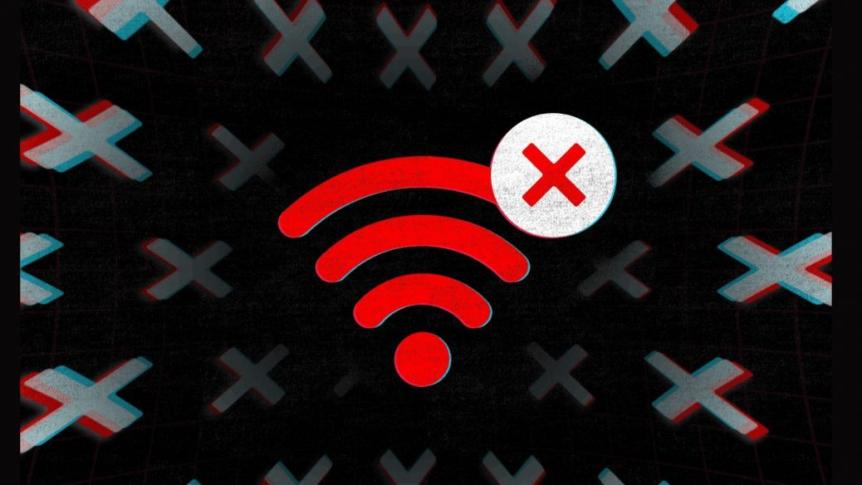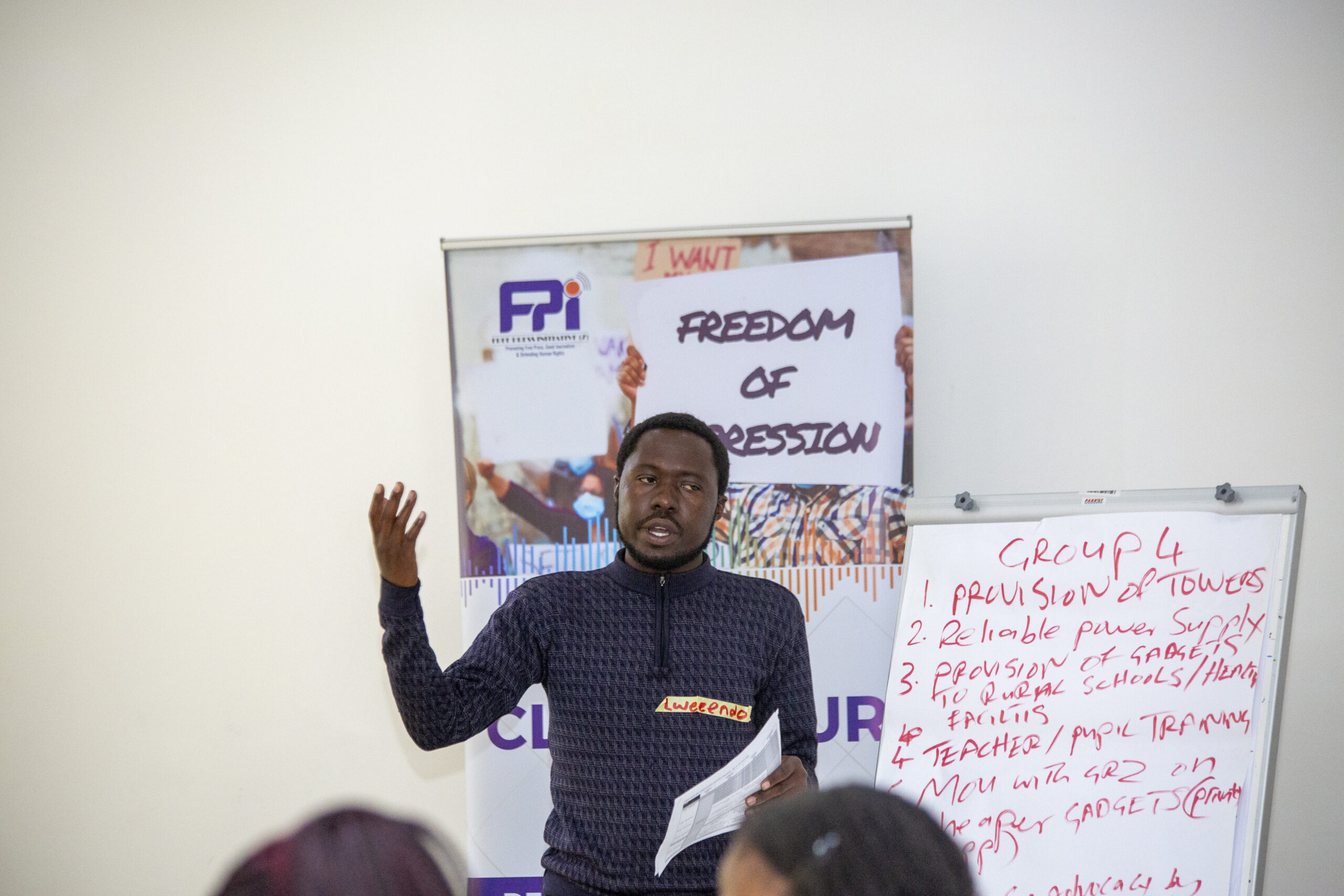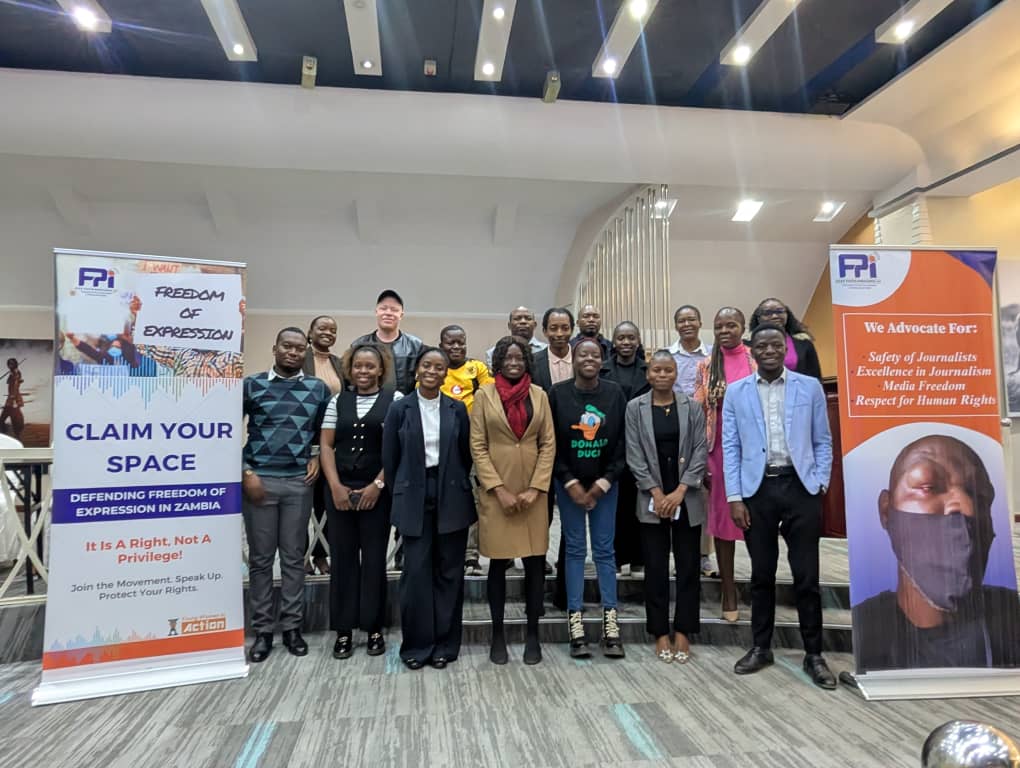
Citizens, journalists, civil society actors, and persons with disabilities gathered in Lusaka on May 15 for a public forum aimed at deepening understanding of Zambia’s newly enacted cyber laws.
The event was organized by the Zambia Free Press Initiative (FPI) in partnership with Young Women in Action (YWA), under the ongoing Claim Your Space project aimed to promote freedom of expression. The project is supported by Global Focus and the Danish Minorities Center for Human Rights & Development.
Held under the theme “Understanding and Navigating Zambia’s Cyber Legislation”, the forum sought to build awareness around the country’s digital laws and how they affect freedom of expression, data protection, and access to information.
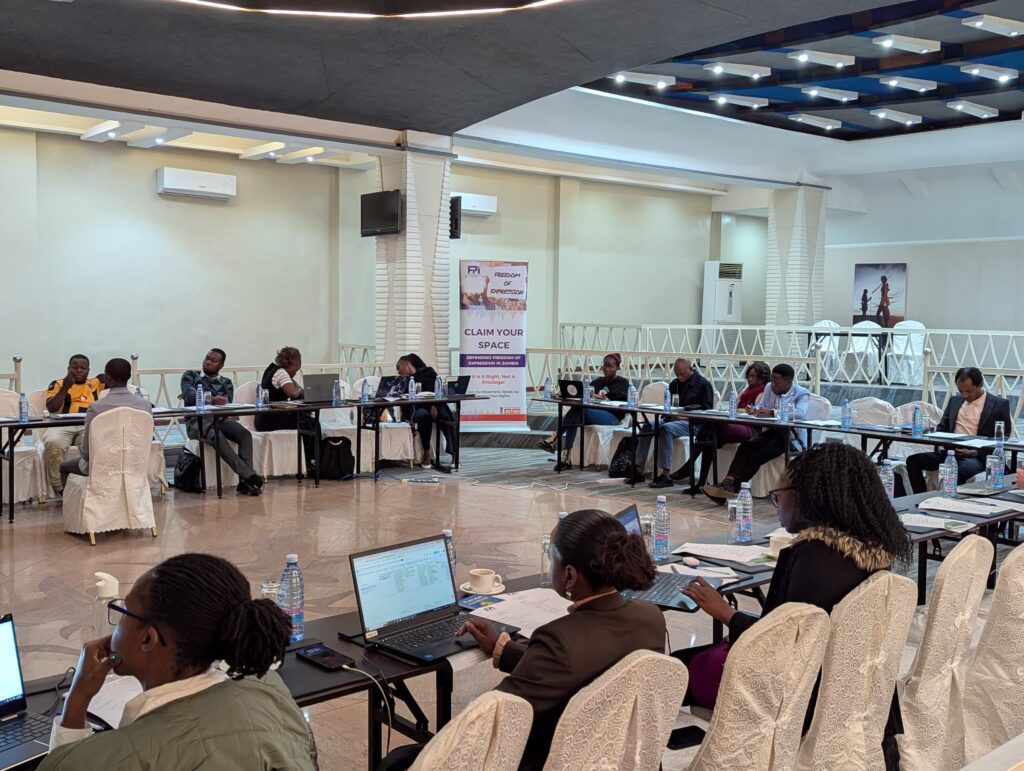
In his address, Zambia Police Assistant Public Relations Officer Mr. Godfrey Chilabi outlined the role of law enforcement under the new framework. He emphasized that the recently amended cyber laws are not designed to restrict civic space but to offer safeguards in an increasingly digital environment.
“These laws exist to protect citizens from harm online—not to infringe on rights,” Chilabi said.
He further pointed to the Access to Information Act as a key legal tool available to journalists, human rights defenders, and everyday citizens seeking transparency and accountability.
Mr Chilabi also announced that the Zambia Police Service is working to improve accessibility across its institutions, adding that plans are underway to introduce sign language interpretation services in police stations across the country.
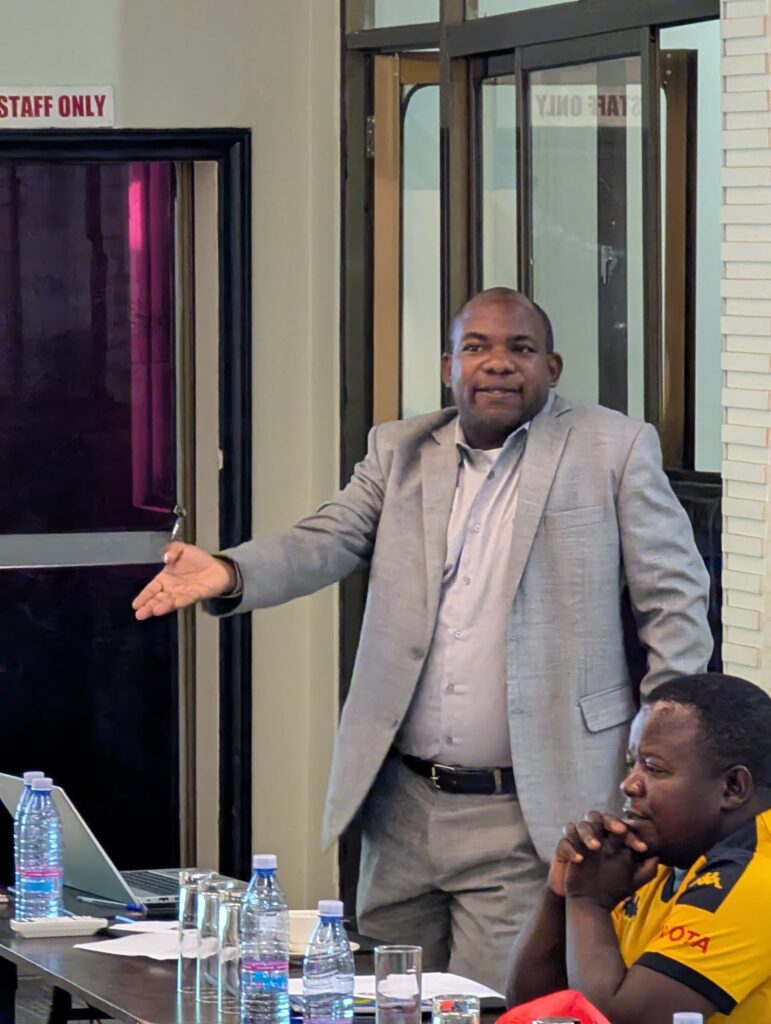
“Everyone deserves to be heard, understood, and protected,” he said, reaffirming the service’s commitment to inclusion.
The presence and participation of persons with disabilities at the forum added depth to the conversations. With support from Disability Rights Watch (DRW), interpreters were made available throughout the event to ensure full access and engagement.
Legal experts from the Chapter One Foundation facilitated interactive sessions, covering key aspects of the law, including digital rights, protections against online abuse, and how to report violations. Participants expressed concern about online surveillance, cyberbullying, and the misuse of digital spaces to silence dissent.
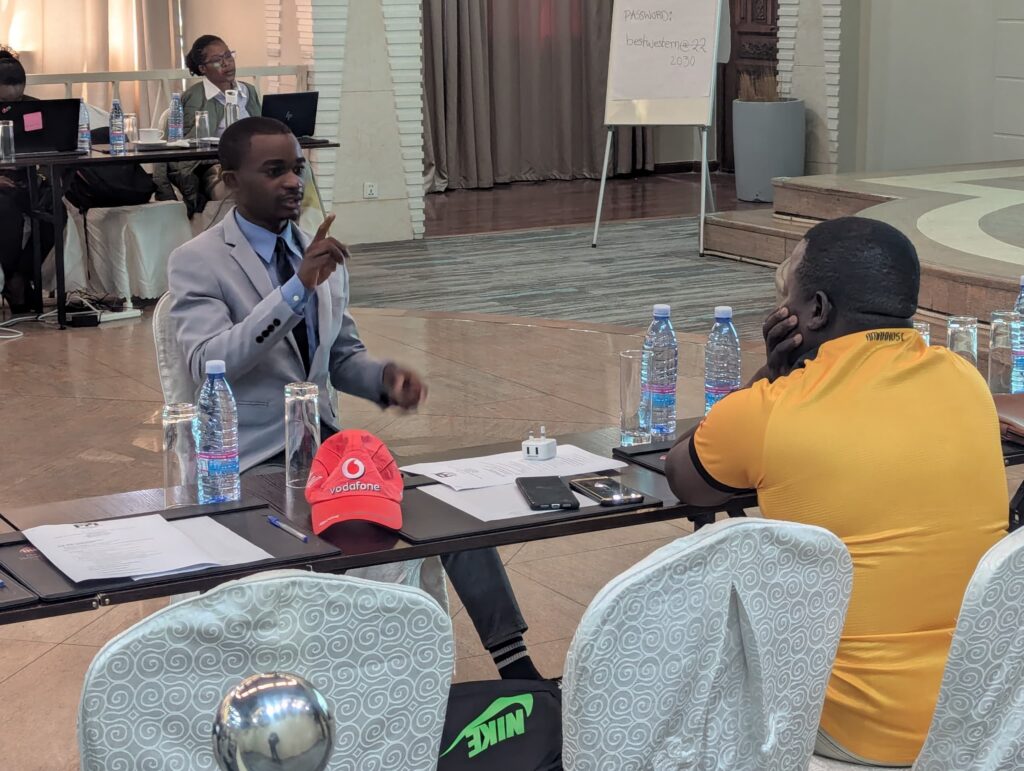
“This forum has given me clarity,” said one participant from a Lusaka-based youth group. “I now know what to do if someone threatens or misuses my information online.”
The Lusaka forum was part of the FPI’s broader national effort to equip citizens with information and tools to safely and confidently engage in the digital space.
